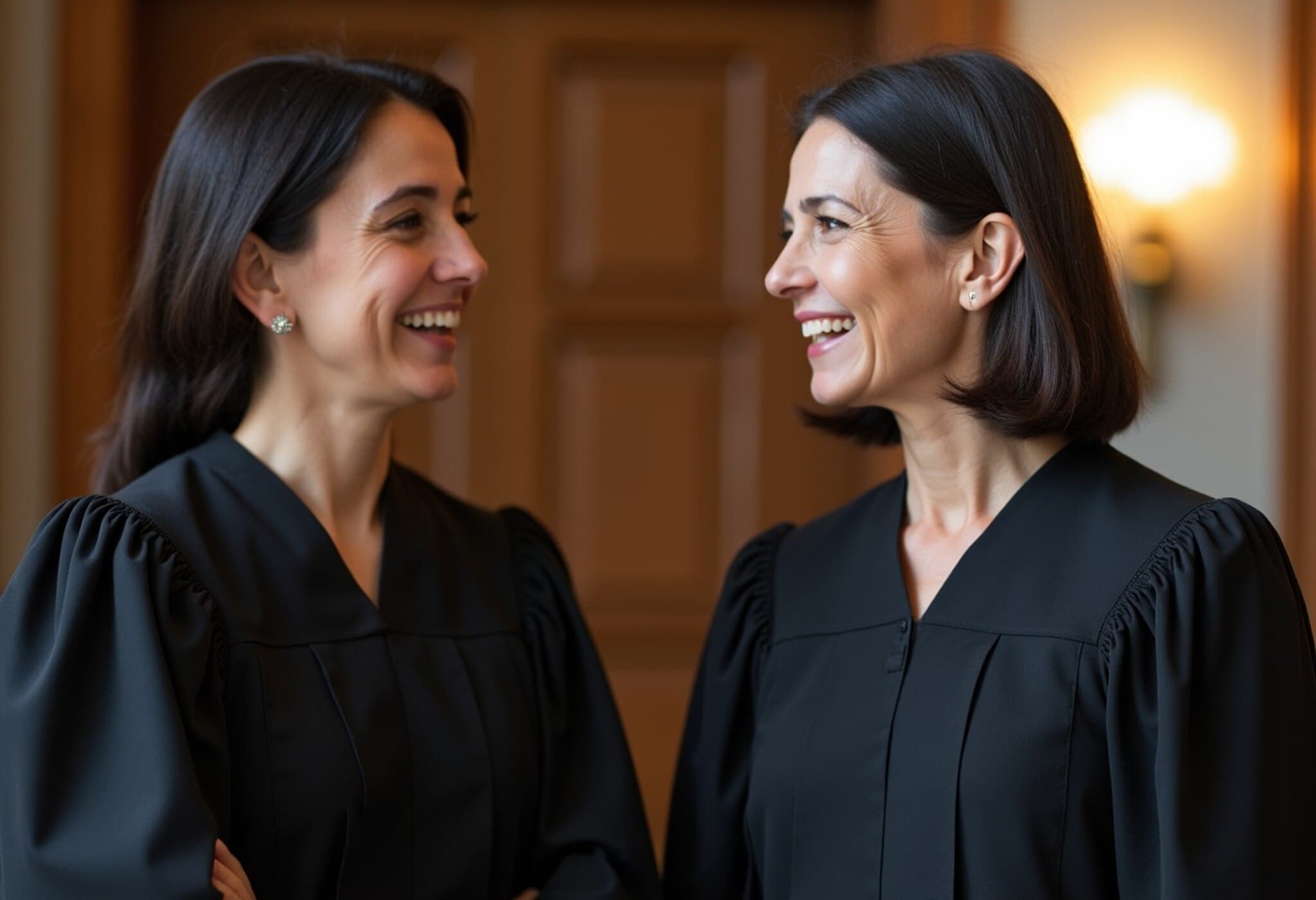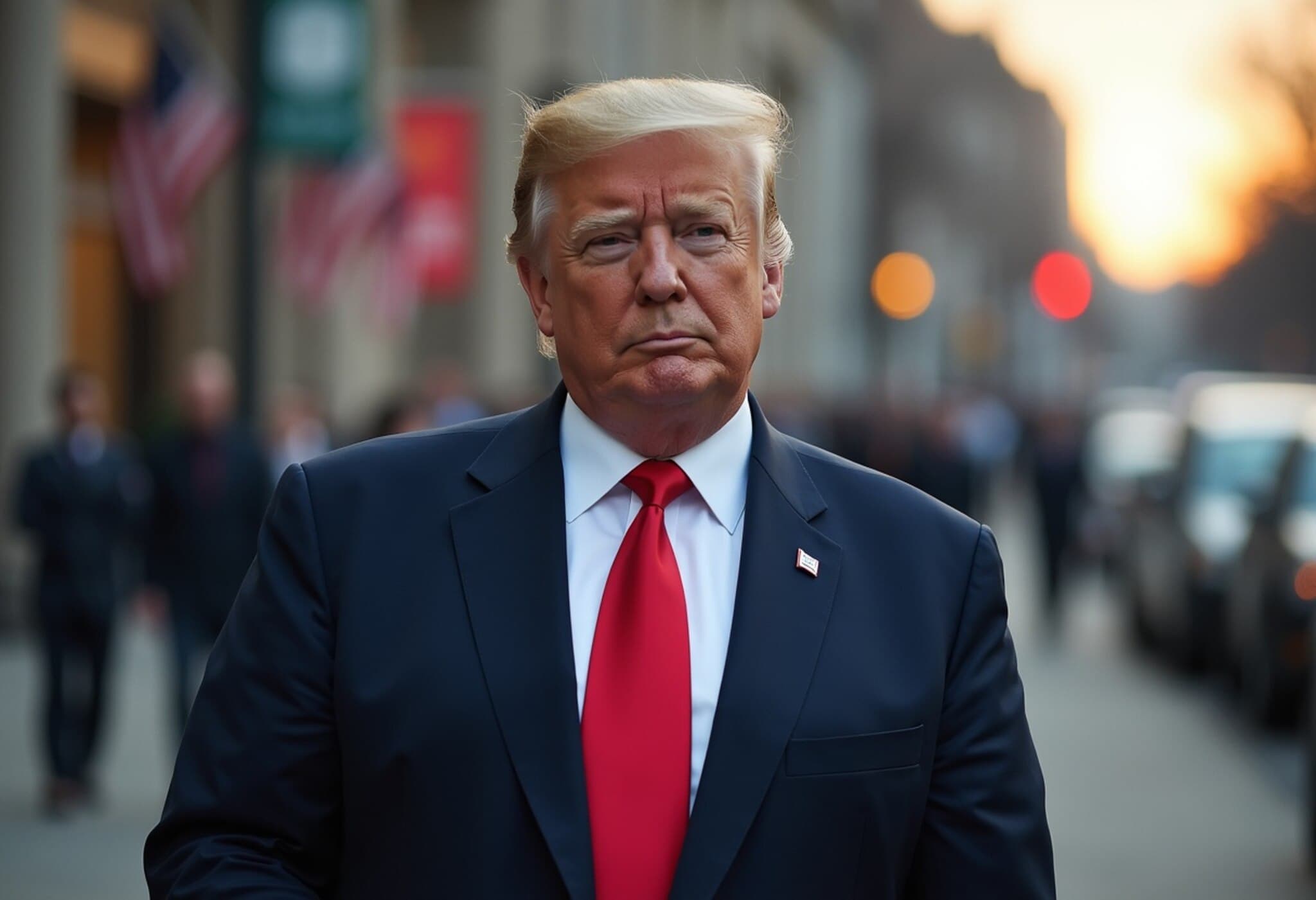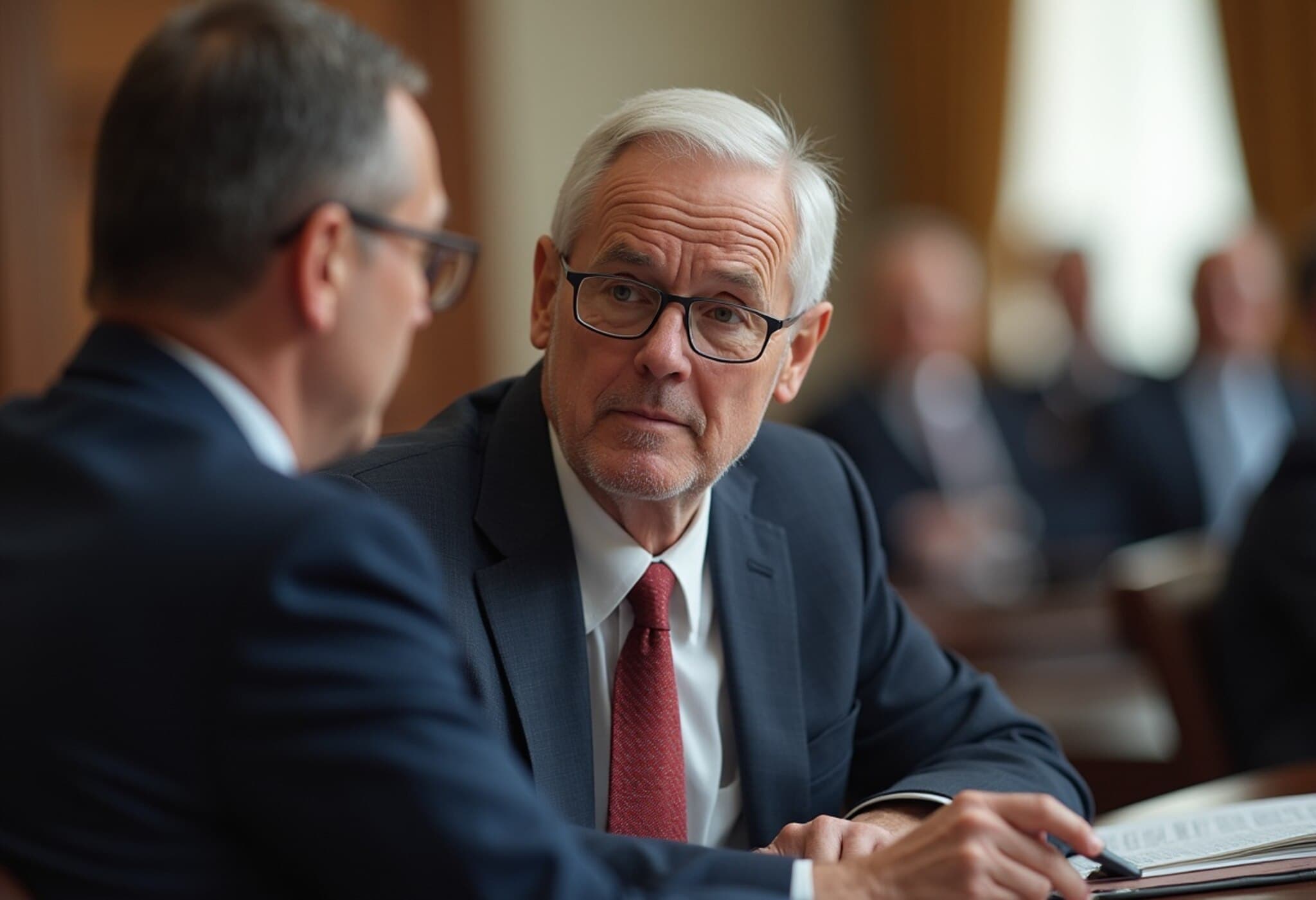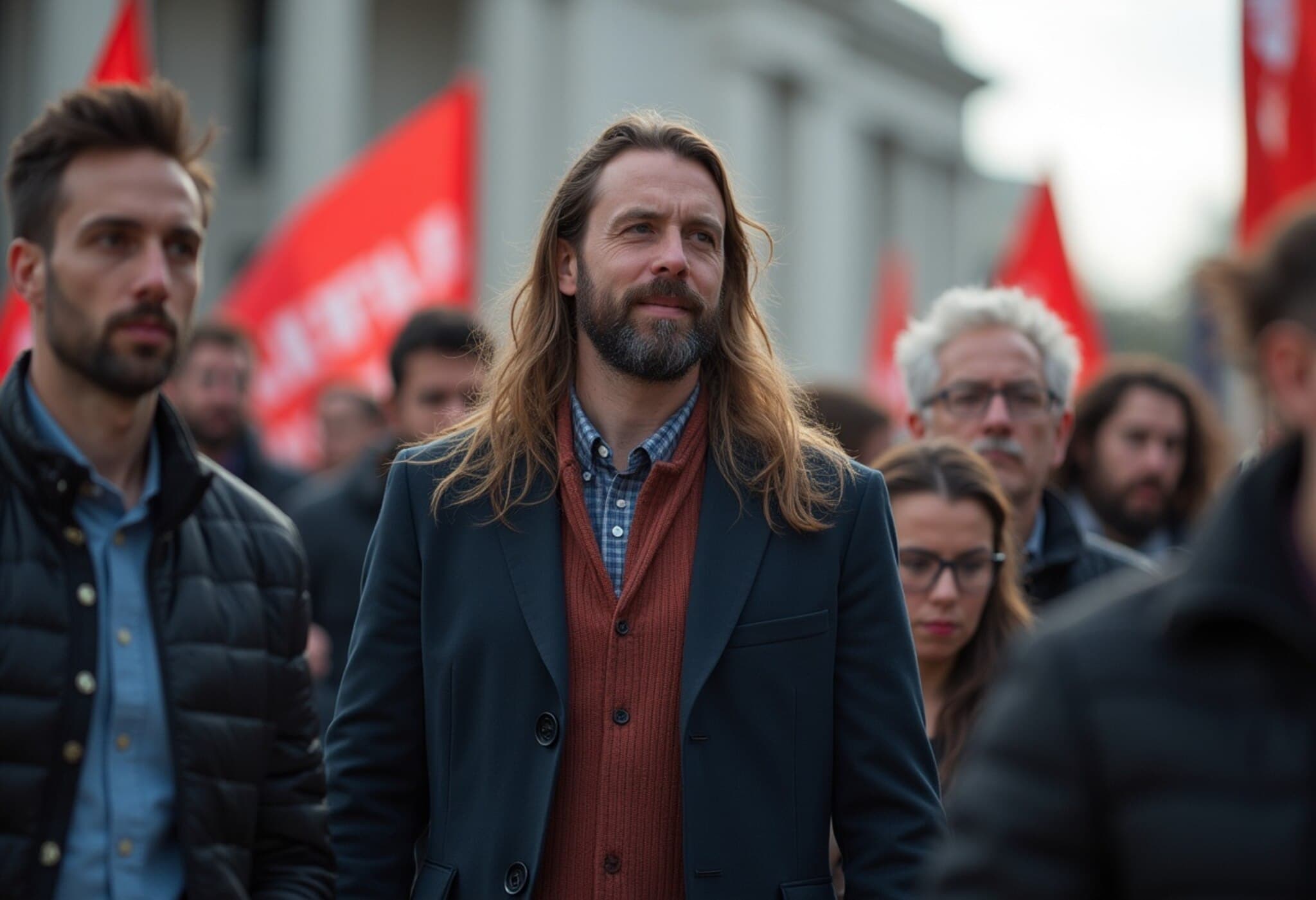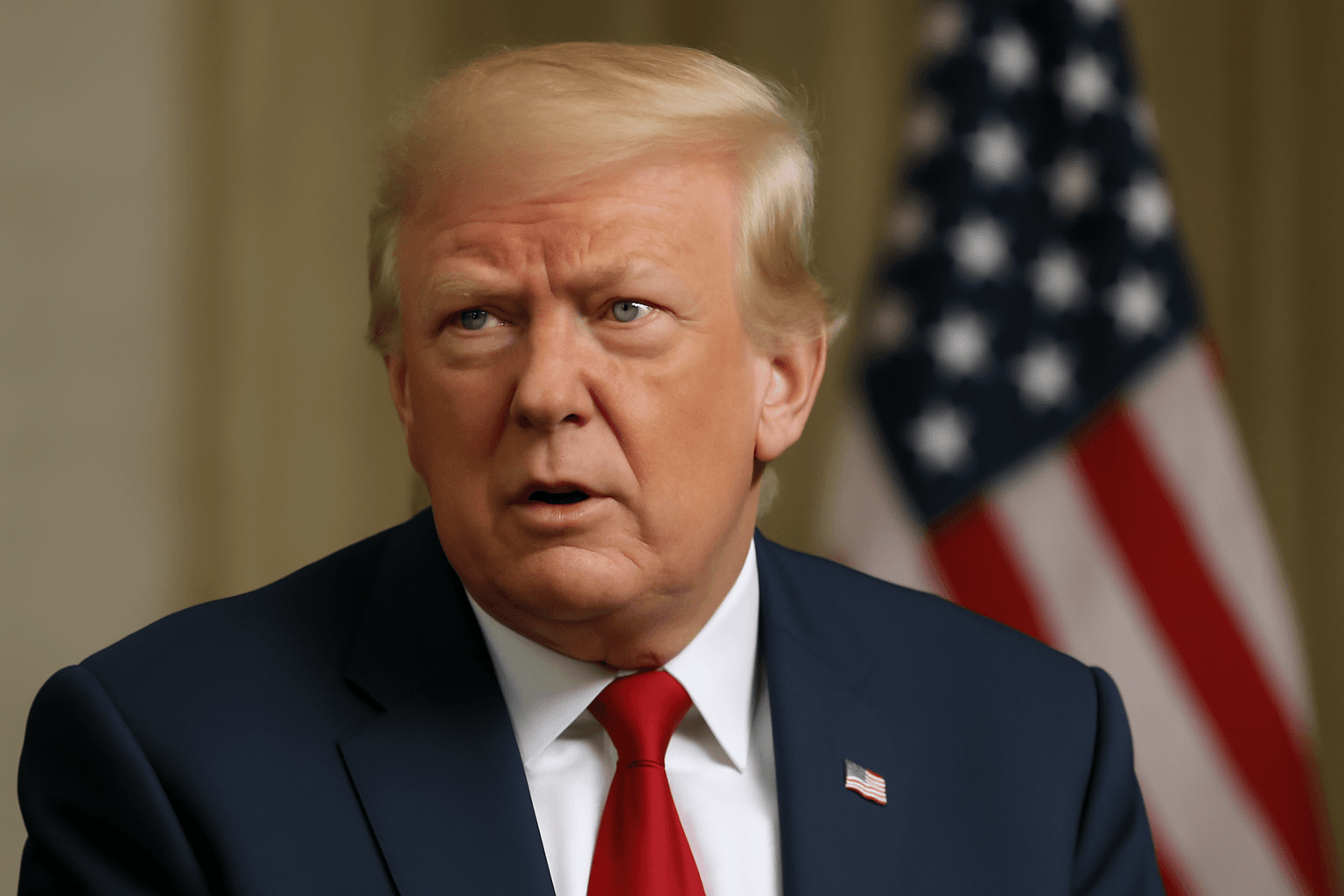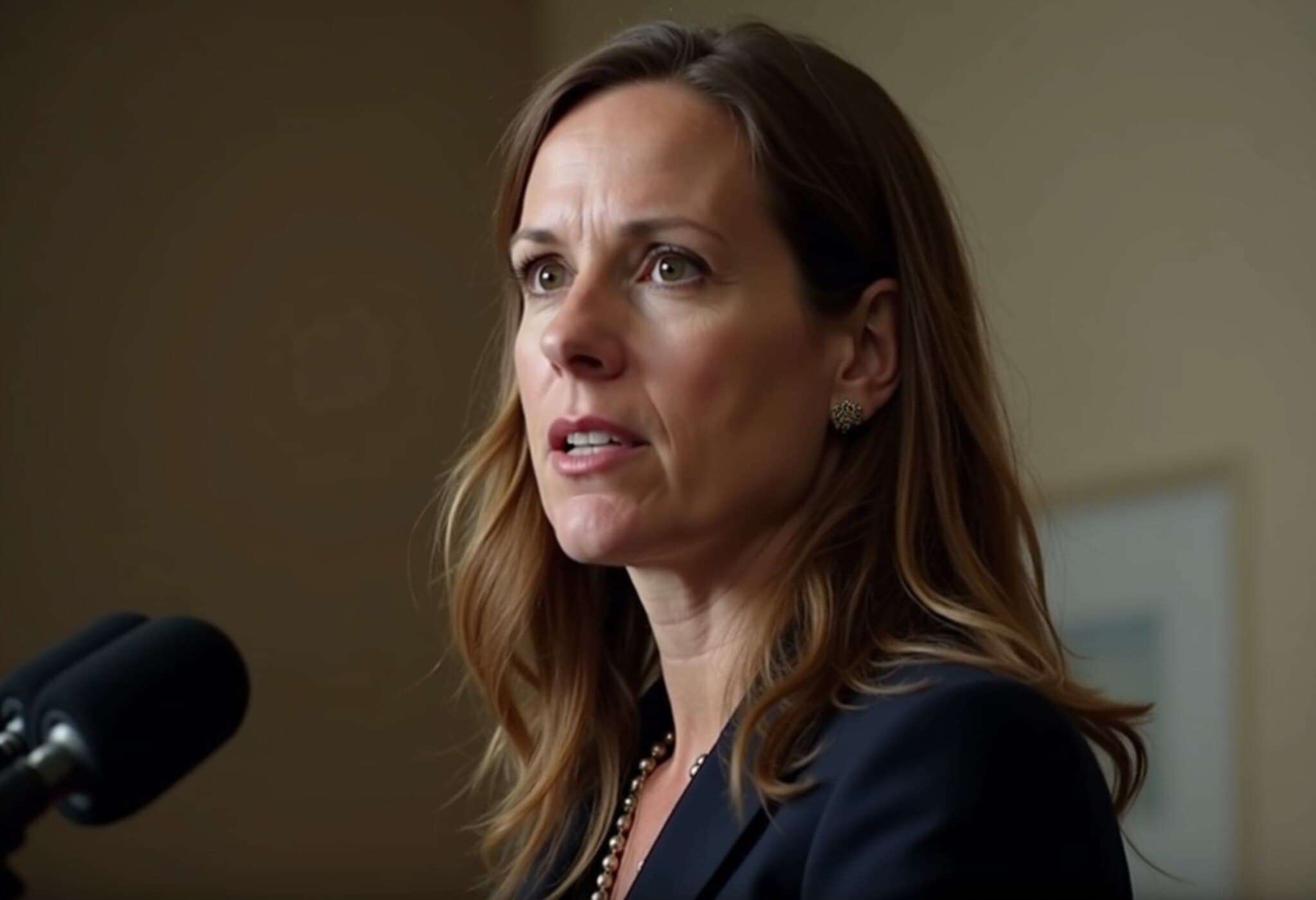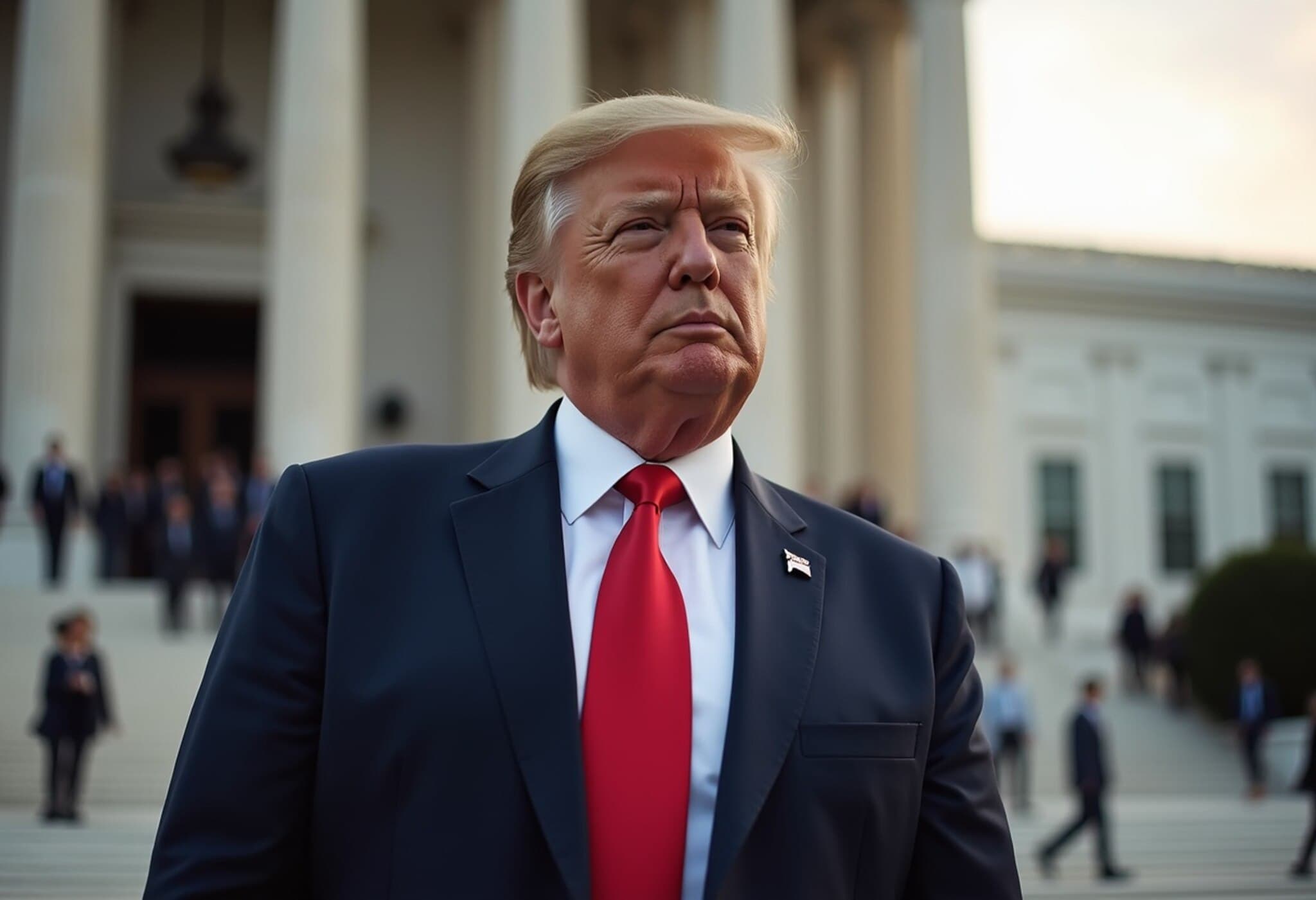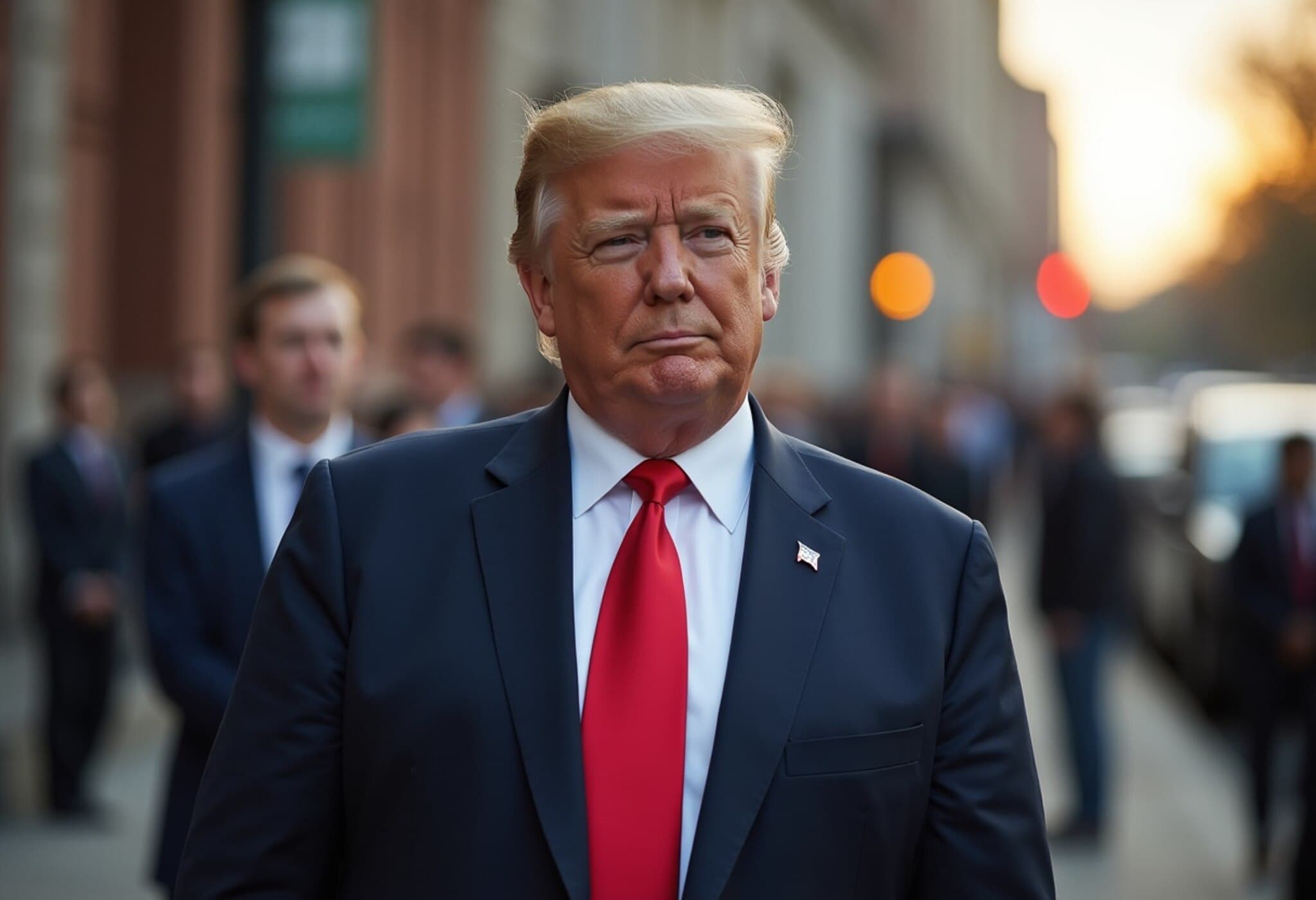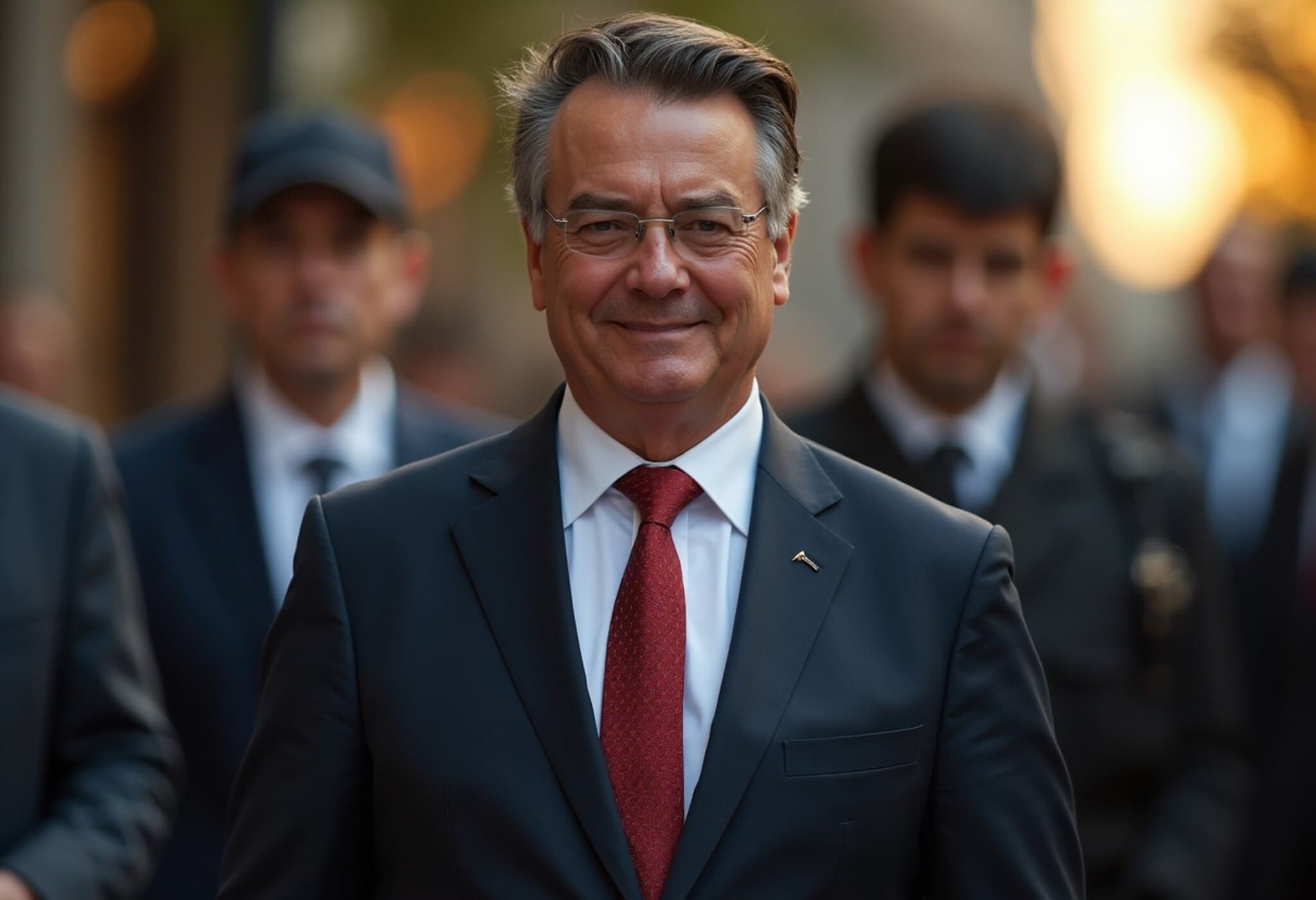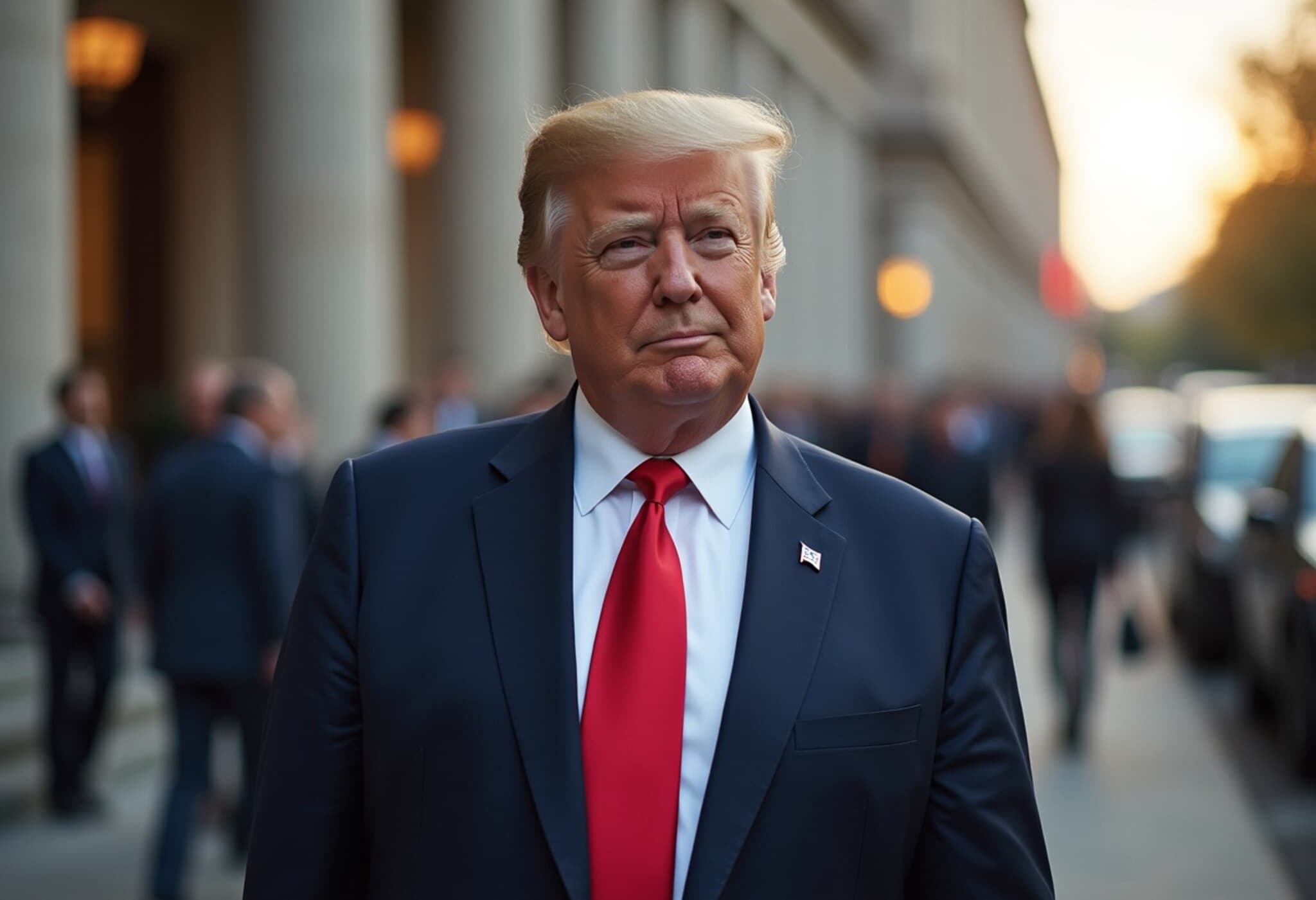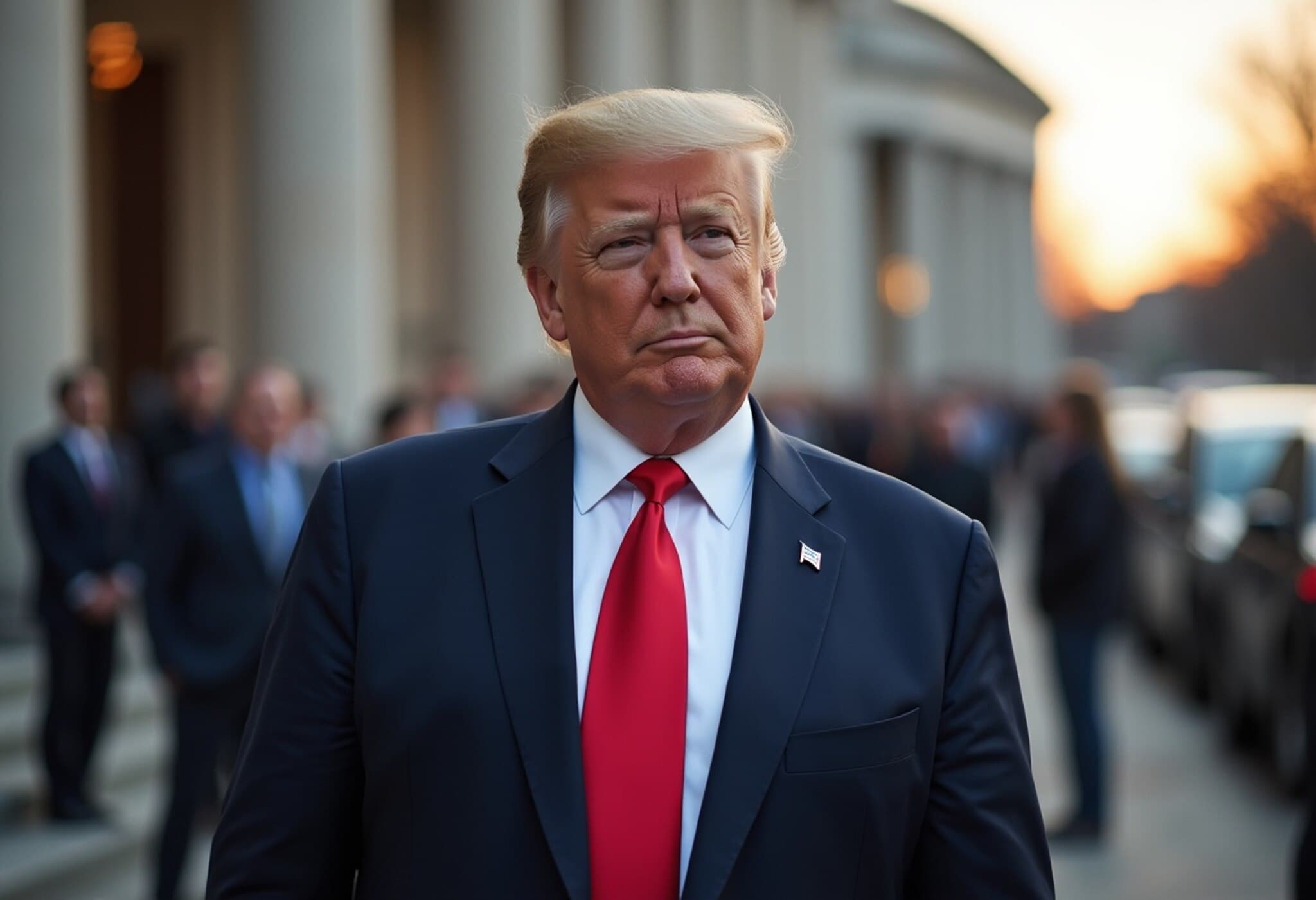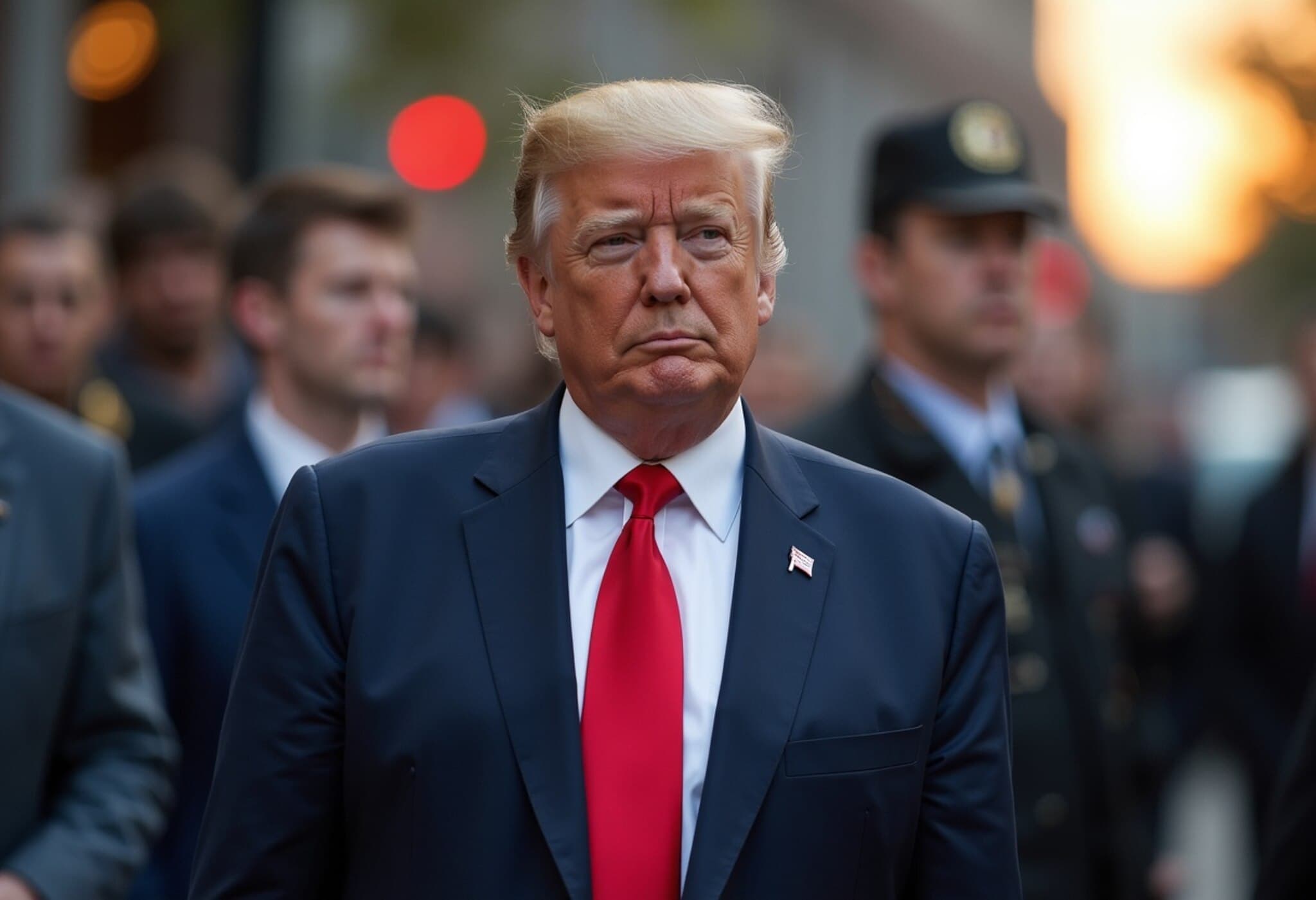Justice Ketanji Brown Jackson’s Assertive Stances Highlight Court Divides
As the Supreme Court wraps up its term, tensions among the justices have surfaced, particularly between Justice Ketanji Brown Jackson and Justice Neil Gorsuch, revealing deep ideological divides. Their recent clash centered on a technical dispute over whether a retired firefighter could sue her former employer for termination of health insurance benefits under federal disability law.
Jackson Challenges 'Pure Textualism'
Justice Gorsuch, writing for the majority, criticized Jackson’s dissent for allegedly ignoring the plain text of the statute in favor of legislative history and perceived purpose. He accused Jackson of shaping her interpretation to fit the outcome she desired. Jackson’s response was a sharp rebuttal, asserting that strict reliance on textualism often masks judges’ policy preferences and ignores crucial legislative context.
Jackson wrote, "Pure textualism can disguise judicial preferences as textual inevitabilities by ignoring surrounding context." However, her pointed critique did not fully gather support from even her liberal colleagues, indicating fractures within the Court's progressive wing.
The Judicial Role vs. Legislative Clarity
Jackson’s dissent raises fundamental questions about judicial interpretation. While she insists on considering legislative intent beyond mere text, critics argue that judges cannot serve as lawmakers. If a statute’s wording is ambiguous or too narrow, the onus lies on Congress to clarify. This balance prevents courts from overstepping their constitutional remit.
Critics emphasize that Congress’s failure to update or clarify legislation should not prompt courts to legislate from the bench—a practice that risks undermining separation of powers. Jackson’s frustrations, they say, would be better directed towards legislative inaction rather than toward fellow justices following textualism.
Justice Jackson’s Independent Voice Amidst Conservative Majority
Justice Jackson’s assertiveness stands out in the current Court landscape dominated by a conservative majority. Known for her forthright dissents and vocal stance during oral arguments, she frequently calls attention to what she perceives as threats to legal norms and democratic principles.
This term, Jackson dissented vigorously in cases involving executive overreach and procedural issues, often criticizing the Court’s handling of significant rulings on emergency dockets. Her dissents serve both as critiques of the majority’s jurisprudence and as a rallying cry to preserve the rule of law.
Highlighting Judicial Independence and Rule of Law
Jackson recently warned at a judicial conference about rising threats toward judges nationwide, emphasizing that such attacks jeopardize democracy and the Constitution. Her commentary signals a growing concern for safeguarding judicial independence amidst political pressures.
While some colleagues, like Justices Elena Kagan and Sonia Sotomayor, combine compromise and critique, Jackson often opts for unvarnished confrontation, underscoring a generational and philosophical difference within the Court.
Justice Amy Coney Barrett Rebukes Jackson’s Dissent in Birthright Citizenship Case
In a landmark procedural ruling concerning President Trump’s executive orders on birthright citizenship, Justice Amy Coney Barrett authored the majority opinion upholding limitations on nationwide injunctions issued by federal judges. Barrett criticized Jackson’s dissent as extreme and disconnected from established law.
Barrett stated, "Justice Jackson's dissent embraces an imperial Judiciary while decrying an imperial Executive," suggesting that Jackson’s position endorses judicial power beyond constitutional bounds.
Jackson argued that the ruling potentially allows the Executive branch to evade constitutional checks by invalidating the courts' ability to issue broad injunctive relief against unlawful executive actions. She warned of the severe risks this decision poses to the constitutional republic.
Public Reactions and Broader Implications
- Attorney General Pam Bondi lauded the decision as a victory for presidential authority over injunctions.
- Fox News host Laura Ingraham praised Barrett's forceful response against Jackson's dissent.
- Former House Speaker Nancy Pelosi expressed concern that the ruling undermines constitutional citizenship rights, calling for legislative remedies.
The ruling effectively delays enforcement of Trump's executive order for 30 days, signaling ongoing legal and political battles ahead.
Looking Ahead: A Court Marked by Deep Divisions
The exchanges between Justices Jackson and Barrett, as well as between Jackson and Gorsuch, highlight a Supreme Court polarized not only ideologically but also in jurisprudential methodology. Jackson’s willingness to break with both conservatives and some liberals underscores an independent streak rare among new justices.
As the Court navigates contentious issues, observers can expect continued fierce disagreements over statutory interpretation, executive power, and the judiciary’s role in democracy. The dynamic between these justices offers a revealing glimpse into the evolving balance of power at the nation’s highest court.

